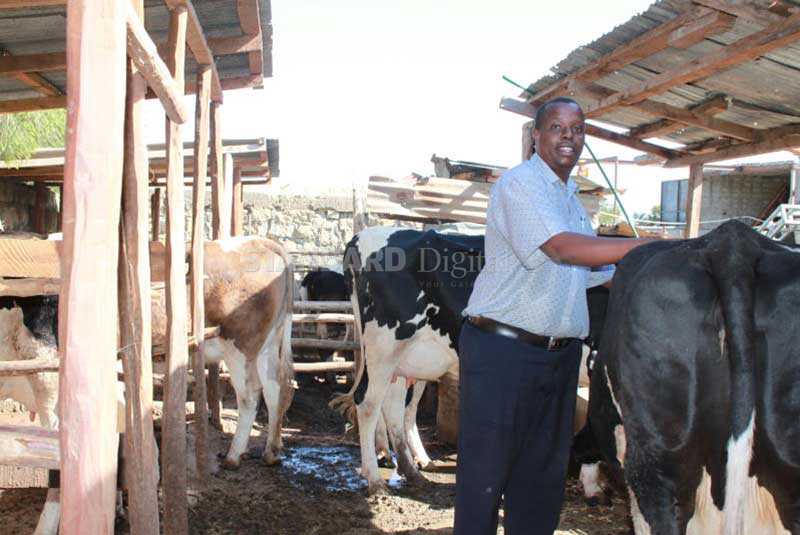
Tired of routine and predictable life of a white-collar job, one restless young man did what other daredevils wouldn’t do. He quit. One minute Paul Ngugi, 40, was this high-flying lab manager on-the-go at a private hospital and the next he was without a job but with a brilliant agribusiness idea that if well executed, would foot his bills and transform lives.
That was 17 years ago. “I was tired of the routine at the lab. Receiving specimen, testing it, writing reports and making recommendations. It was so routine, there was no thrill. Every day was the same. I was pushed to the brink,” Paul Ngugi opens up during the interview with Smart Harvest at his farm in Mai Mahiu, Nakuru County.